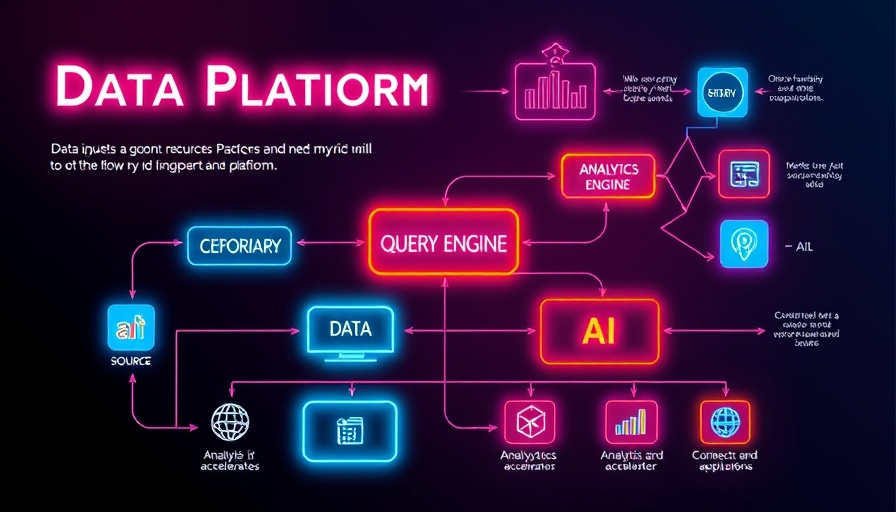
The Shift Toward Sovereign Data in AI
As AI technologies continue to evolve, the concept of sovereignty in data management is becoming increasingly significant. This shift is primarily centered around the control and ownership of data, particularly in sectors looking to harness AI for strategic advantages. Organizations are starting to realize that maximizing the utility of AI systems is directly linked to their ability to manage their data effectively and securely. Kevin Dallas, CEO of EDB, emphasizes that a strong sovereign data strategy is essential for organizations that wish to remain competitive and efficient in this rapidly changing landscape.
Global Impact of AI on Data Sovereignty
Data sovereignty goes beyond just organizational boundaries; it encompasses national regulations, compliance, and the implications of global data access. In today’s interconnected world, data localization laws are pushing businesses to store data within specific jurisdictions. As companies adopt AI solutions, they must navigate this complex regulatory landscape to avoid compliance pitfalls. Understanding and adapting to these regulations will be crucial for organizations seeking to innovate and leverage AI responsibly.
The Role of Policies in AI Development
The integration of effective AI strategies is greatly influenced by appropriate policy frameworks. Policymakers are increasingly recognizing the need to create an environment that promotes innovation while addressing ethical concerns surrounding AI usage. This balancing act can lead to powerful benchmarks for businesses that prioritize responsible AI practices. To lead in AI deployment effectively, organizations should be proactive in their policy engagements and advocate for frameworks that support not just innovation, but also ethical standards in AI development.
Future Predictions: The Evolution of AI and Data Strategies
Looking ahead, the future of AI will require a focus on ethical data handling and an emphasis on data sovereignty. As AI becomes embedded in various business processes, understanding the implications of AI-generated insights will be vital. Companies should prioritize developing frameworks that ensure ethical AI usage and responsible data practices. These efforts can help instill public trust and foster a resilient environment in which businesses can thrive.
Actionable Insights for Executives
Executives and decision-makers should consider the following actionable insights to navigate the evolving landscape of AI and data sovereignty: Firstly, invest in robust data governance policies that align with local laws and regulations. Secondly, foster strategic partnerships that enhance your data strategy and enable access to diverse data sources. Finally, prioritize transparency in your AI initiatives to uphold accountability and trust among stakeholders.
Conclusion
In summary, the transition towards AI and data sovereignty represents a critical opportunity for organizations looking to thrive in an increasingly data-driven world. By adopting effective data management strategies and engaging in policy discussions, businesses can position themselves at the forefront of AI innovation while ensuring ethical standards are upheld. Executives must be proactive to turn these challenges into advantages.
 Add Row
Add Row  Add
Add 




Write A Comment